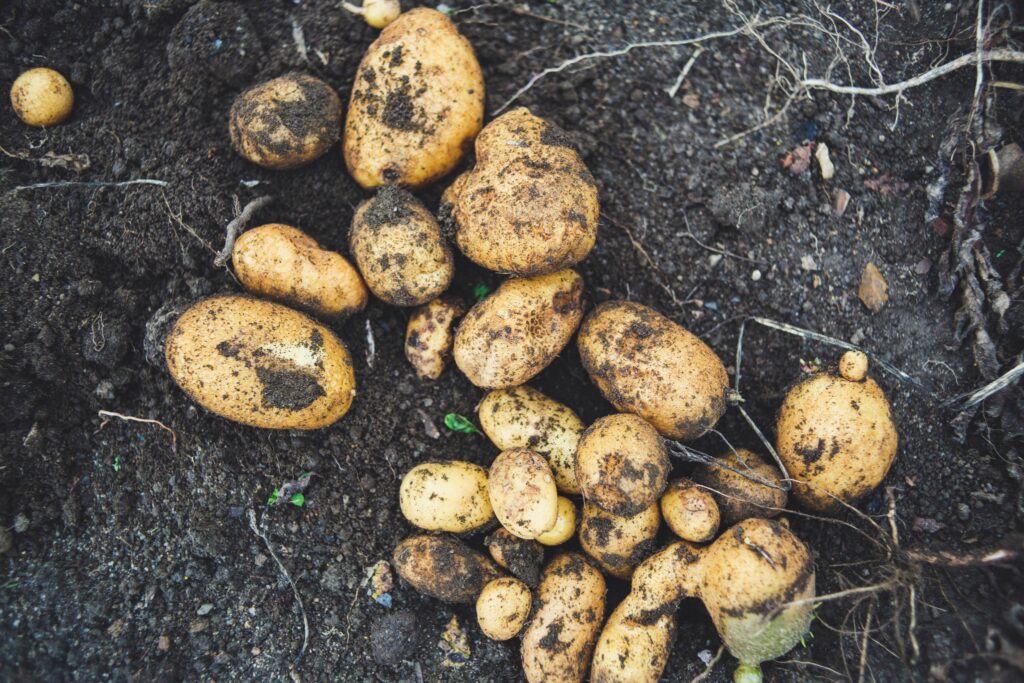Discover the benefits of biostimulants for modern agriculture & horticulture
Biostimulants have evolved into powerful tools in modern agriculture, offering a range of benefits that contribute to the growth, health, and resilience of plants. Let’s delve deeper into the impact of biostimulants on various aspects of plant growth and environmental sustainability.

1. Enhanced growth and development
Biostimulants play a crucial role in facilitating the efficient uptake of nutrients by plants, promoting better growth and development. This improved nutrient uptake can translate into higher yields, greater resilience, and improved quality of crops.
2. Increased tolerance to stress factors
Biostimulants can help plants better withstand abiotic stress factors such as drought, heat, and cold. They promote the production of stress defense compounds and stimulate plant metabolism, making them more resistant to stressful conditions.
3. Stimulation of root growth
Biostimulants can promote root growth, enabling plants to better absorb water and nutrients from the soil. This enhances the overall health and vitality of plants.
4. Enhanced resistance to diseases and pests
Thanks to their overall plant-strengthening effect, biostimulants can help plants naturally become more resistant to certain (weakness) fungi and diseases. It is important to note that a biostimulant does not directly combat the disease itself but rather strengthens the plant and thus its natural defense processes.
5. Improved soil health
Biostimulants can contribute to improving soil health by promoting the activity of beneficial soil microorganisms and contributing to better soil structure and fertility.
6. Increased efficiency of fertilizers
Biostimulants can improve the efficiency of fertilizers by helping plants better absorb and utilize nutrients. This results in reduced fertilizer needs and higher yields.
7. Reduced environmental impact
The use of biostimulants can contribute to reduced environmental impact by reducing the need for chemical pesticides and fertilizers. This can lead to a more sustainable agricultural practice.
